
National
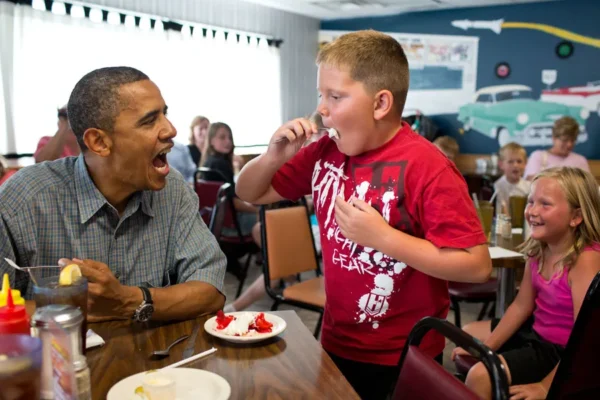
By the People, For the Few: America’s Political Representation Crisis
“It’s time for people to grow a spine,” says Ayaan Moledina, a junior in high school from Austin, Texas. “I think America has the potential to be the best country to live in, in the world. We’re not there yet. And I don’t think there are people working hard enough to get there.”
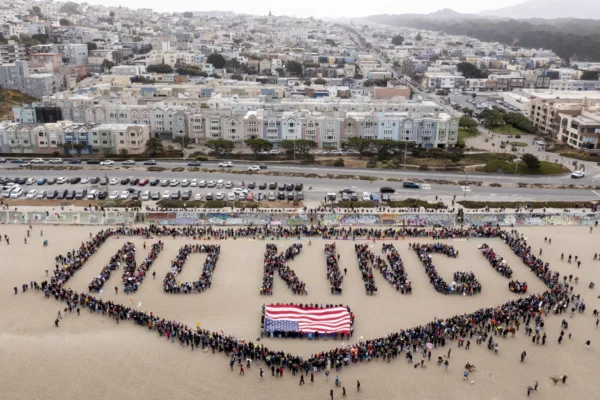
Make America the People’s Again: Reclaiming Democracy Through No Kings
erial shots capture more than the sheer scale of the No Kings protests—they capture their pulse. Children, perched on their parents’ shoulders, wave American flags as drums rattle the streets and hearts alike. The turnout is staggering.
Cell Phone Restrictions in California Schools: Leading Voices & The Student Experience
When Paige Saumure, a senior at Rio Americano High School in Sacramento, CA, walks into class, the first thing she does is drop her phone into a pouch that hangs on the wall.

Don’t Speak Now, Hold Your Peace: The Quiet Power of Retribution
“I don’t think there’s been a time in my life where people were more openly afraid to express themselves.” Jimmy Hatch, a former Navy SEAL, reflects. “It breaks my heart.”
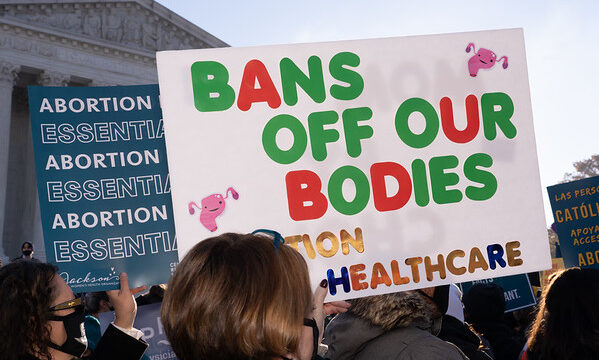
The Costs of Control: Reproductive Health in Trump’s America
On June 24th, 2022, the United States Supreme Court ruled 6-3 in favor of a Mississippi state health officer. With the decision of Dobbs v. Jackson Women’s Health Organization, decades of constitutional protection for abortion rights vanished.
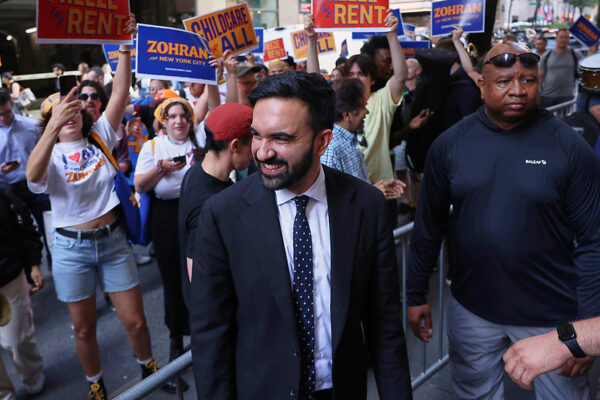
“He feels very close to us”: What We Can Learn from Zohran Mamdani about (Youth) Politics
“If I were mayor,” Mamdani promised, “halal would be eight bucks again.”
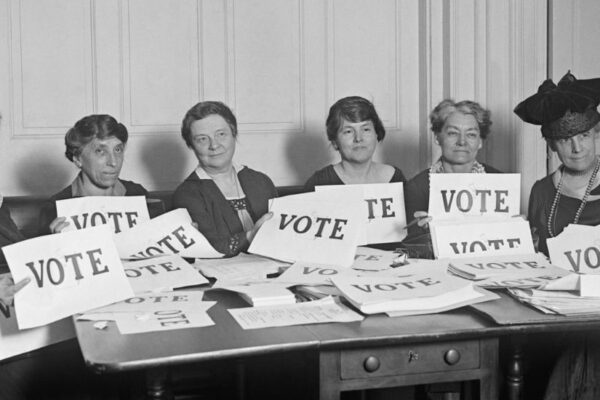
History Repeats Itself: The Gender Voting Gap in America
A 39 percentage point difference. This was the eye-widening statistic that The New York Times reported in its August 2024 poll, finding that 18 to 29-year-old women preferred President Joe Biden by 28 points, whereas young men of this age supported President Donald Trump by 11 points.

Defending Big Data
Across America, Thanksgiving dinners have turned into sparring matches, and petty conflict often overshadows substantive policy discussion. Political polarization costs all of us: it poisons social relations, increases legislative gridlock, and drives elected officials to prioritize winning over representing their constituents’ interests.
